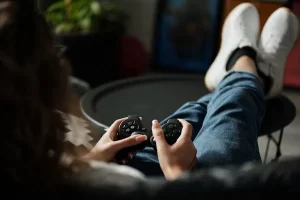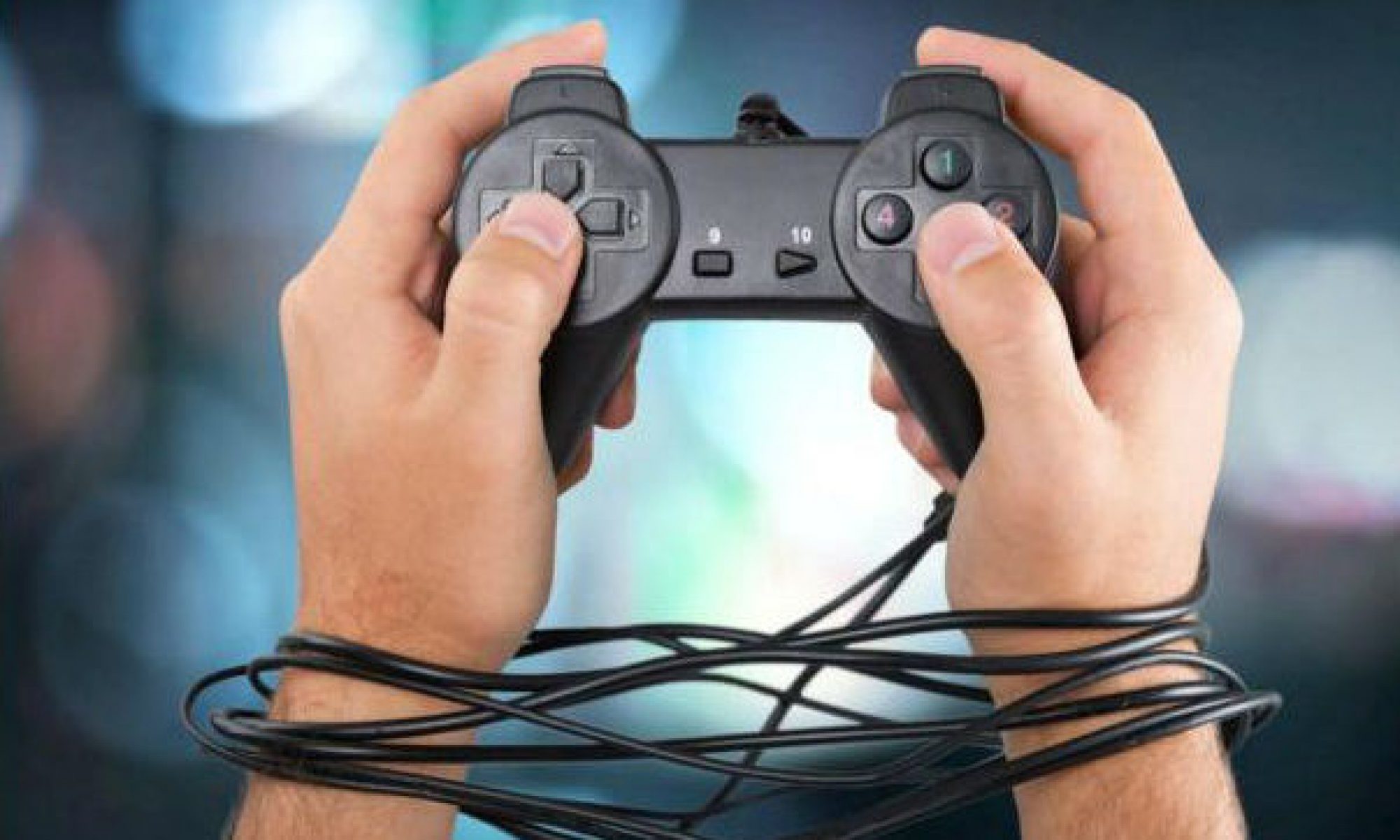 In today’s digital age, video games have become an integral part of entertainment and leisure activities for millions worldwide. While gaming can offer a fun and immersive experience, it’s essential to recognize when gaming habits cross the line into dependency or addiction. Video game dependency, also known as gaming disorder, is a growing concern that can have adverse effects on mental health, relationships, and overall well-being.
In today’s digital age, video games have become an integral part of entertainment and leisure activities for millions worldwide. While gaming can offer a fun and immersive experience, it’s essential to recognize when gaming habits cross the line into dependency or addiction. Video game dependency, also known as gaming disorder, is a growing concern that can have adverse effects on mental health, relationships, and overall well-being.
Recognizing the Signs
Recognizing the signs of video game dependency is crucial for early intervention and support. Some common indicators include:
- Preoccupation with Gaming: Individuals may spend excessive amounts of time thinking about gaming, planning when they can play next, or becoming restless when unable to play.
- Loss of Control: Those with video game dependency may struggle to control the amount of time spent gaming, often playing for extended periods despite negative consequences.
- Neglecting Responsibilities: Gaming takes precedence over other important responsibilities, such as work, school, or personal relationships, leading to neglect or decline in performance.
- Withdrawal Symptoms: Feelings of irritability, restlessness, or depression may arise when unable to play video games, similar to withdrawal symptoms associated with substance dependence.
- Escapism: Gaming becomes a primary means of escape from real-life problems, stress, or negative emotions, leading to increased isolation and detachment from reality.
Addressing Video Game Dependency
- Self-Assessment: The first step in addressing video game dependency is acknowledging the issue. Individuals should honestly assess their gaming habits and consider whether it has become problematic or detrimental to their lives.
- Setting Limits: Establishing healthy boundaries and limits around gaming is essential. This may involve setting specific time limits for gaming sessions, scheduling regular breaks, and prioritizing other activities and responsibilities.
- Seeking Support: Seeking support from friends, family, or mental health professionals can provide valuable assistance in overcoming video game dependency. Peer support groups or online forums dedicated to gaming addiction can also offer understanding and encouragement.
- Developing Coping Strategies: Learning alternative coping strategies for managing stress, boredom, or negative emotions can help reduce reliance on gaming as a coping mechanism. Engaging in physical exercise, mindfulness practices, or creative hobbies can provide healthier outlets.
- Professional Help: In severe cases of video game dependency, professional help may be necessary. Mental health professionals, such as therapists or counselors, can provide personalized treatment plans and therapeutic interventions tailored to the individual’s needs.
- Creating a Supportive Environment: Surrounding oneself with a supportive environment that encourages healthy habits and activities can facilitate recovery from video game dependency. This may involve removing temptations, such as uninstalling games or limiting access to gaming devices.
Video game dependency is a complex issue that requires awareness, understanding, and proactive intervention. By recognizing the signs of dependency and taking steps to address problematic gaming habits, individuals can regain control of their lives and achieve a healthier balance between gaming and other aspects of life. With support from loved ones and professional resources, recovery from video game dependency is possible, paving the way for improved mental health and overall well-being.

 Video games can be a fun and entertaining way to pass the time, but for some individuals, they can become all-consuming and begin to take over their lives. If you find yourself in this situation, it’s important to take steps to regain control and ensure that gaming doesn’t rule your existence. Here are some strategies to help you break free from the grips of video game addiction and regain balance in your life.
Video games can be a fun and entertaining way to pass the time, but for some individuals, they can become all-consuming and begin to take over their lives. If you find yourself in this situation, it’s important to take steps to regain control and ensure that gaming doesn’t rule your existence. Here are some strategies to help you break free from the grips of video game addiction and regain balance in your life.





